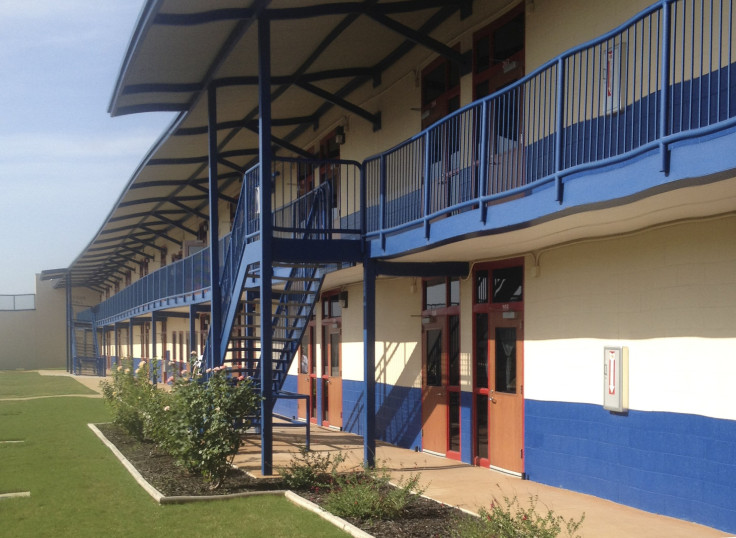Immigration Reform 2015: ICE Violations In Texas Family Detention Centers For Undocumented Immigrants Alleged By Lawyers

A coalition of lawyers providing pro bono services to undocumented immigrants locked in two family detention centers in Texas delivered a scathing letter to immigration officials this week over the handling of recent releases of hundreds of migrant women and children from the facilities. The complaint came just days after a federal judge struck down the family detention policy as illegal, opening up the possibility that hundreds more families could soon be released from the centers.
Representatives from three organizations, the American Immigration Lawyers Association (AILA), the Catholic Legal Immigration Network (CLINIC) and the Refugee and Immigrant Center for Education and Legal Services (RAICES), sent the letter to Immigration and Customs Enforcement Director Sarah Saldaña Monday demanding the agency “account for the cascade of due process violations at detrimental practices” at the family detention center in Dilley and the other in Karnes City, Texas. The lawyers alleged that agency officials denied undocumented immigrants access to legal counsel, coerced them into wearing ankle monitors and did not offer clear or adequate information on the terms of their release.
According to the letter, volunteers from RAICES who interviewed women released at the bus station in San Antonio found that many of the immigrants did not understand the details concerning their release. Undocumented immigrants released from detention were typically given instructions to report for an upcoming court hearing to determine whether they were eligible to stay in the United States, and could meet with a lawyer in the time being to prepare their cases. The RAICES volunteers found that the documents given to the women were primarily in English, even though most of the undocumented immigrants spoke only Spanish or indigenous languages.
The complaint also accused ICE officials of restricting lawyers from meeting with their clients on several occasions, citing an instance from July 24 when the detention officials allegedly locked attorneys out of the courtroom where their clients were preparing for bond hearings. In other instances, the groups wrote, detained immigrants reported that ICE officials pressured them to wear electronic ankle monitors that track their location after release, even though it was not ordered by a judge.
The Department of Homeland Security released around 200 women from the detention facilities earlier this month following Secretary Jeh Johnson’s review of the family detention policy. He revised the policy June 24, declaring that the Obama administration would no longer hold most families in long-term detention. ICE followed up with an announcement July 13 that families showing a fear of persecution in their home countries will generally not be detained at all.
ICE was planning to review the allegations detailed in Monday’s letter and respond directly to the organizations, the agency’s press secretary, Gillian Christensen, told the Los Angeles Times. “ICE takes very seriously the health, safety and welfare of those in our care. The agency is committed to ensuring that individuals housed in our family residential centers have care and resources,” she said.
The Obama administration was preparing to file a response to a July 24 court order from U.S. District Judge Dolly Gee declaring the family detention policy was in violation of an earlier legal settlement determining requirements for housing immigrant children. The federal government was given until Aug. 3 to either explain why it should not have to comply with the order to release the remaining 1,700 women and children from the facilities or lay out a plan for their release. Officials were also given the option of appealing the decision, but it was unclear whether they planned to do so.
© Copyright IBTimes 2025. All rights reserved.






















